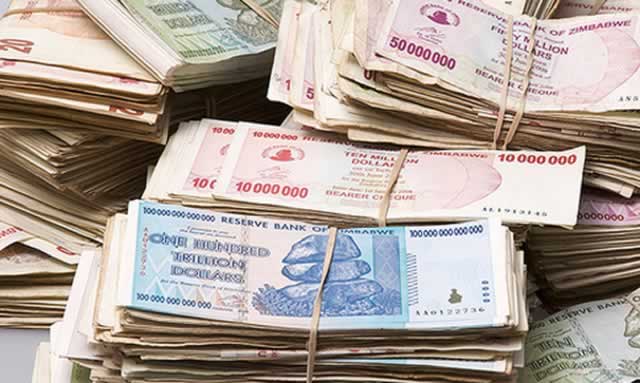Zim dollar: Perception vs reality

 Panganai Kahuni
Panganai Kahuni
THE question of the local currency has remained in the country’s discourse since the introduction of the multiple currency regime in 2009.
The prevailing sentiment in academia and among economists, however, seems to be one against the reintroduction of the Zimbabwe dollar, with the notable exception being Dr Tafataona Mahoso.
Academics such as political scientist Ibbo Mandaza and economist Godfrey Kanyenze advocate economic theories that perpetually retain the use of foreign currencies, which is not sustainable.
In fact, what these self-acclaimed thinkers forget is that in the 1990s agricultural production was high because 90 percent of it was produced using local currency.
The raw materials which were produced using local currency were then accessed by industry at affordable local prices.
Manufacturers then produced export products that earned Zimbabwe the much needed foreign currency, hence there was no yawning gap between exports and imports.
In fact, that scenario helped reduce this country’s foreign debt.
It is shocking to hear economists suggesting that Zimbabwe should continue to use foreign currency until production levels in industries are high. I find such thinking retrogressive and disturbing for economists.
The high appetite for the US dollar that most Zimbabweans, including those in the Ministry of Finance, have, is what is destroying our economy.
This is causing the current liquidity crunch and the perceived deflation scenario.
Questions that beg sound economic answers are: Do we need the US dollar to buy a razor for shaving our hair? Do we need foreign currency to pay for milling a bucket of maize in the rural areas? Do we need multi-currency to pay for transport by commuting workers to and from work places?
Who is really benefiting from the use of foreign currency? What impact has the use of foreign currency had on industry and commerce? Is the use of foreign currency for every little thing in Zimbabwe not causing the country to experience the liquidity crunch and trade deficit? These questions need honest economic answers that are not driven by perceptions but by national interests and the need to increase production.
Imagine the huge amount of foreign currency that this country is using for non-productive ventures like the foregoing. In the current situation almost every industry is using foreign currency.
The idea of using a basket of foreign currencies was designed for free entry of foreign currency. Today it is believed there is over US$7 billion circulating in the informal sector. This strategy for using foreign currency has worked for the past five years and is beginning to lose relevance and sustainability.
The strategy to employ now is to raise gold production and curb illegal gold trading.
This strategy was employed partially in 2005 when the RBZ partnered security institutions and were able to get a sizeable amount of gold within a short period of time before the operations were stopped.
To increase gold production there is need to reduce licensing fees to manageable levels that motivate and enable many players to enter into gold mining.
People must remember the warring Arab countries’ currencies are hedged on oil and for that reason these currencies have not been affected by inflation.
The introduction of the Zimdollar and retiring of foreign currency to banks should be done in phases to allow gradual confidence building in the appreciation of our local currency to occur.
Fellow citizens, remember Russia got to a stage where it paid salaries in bricks but never abandoned its currency.
Today Russia is engaged in trade deals with China amounting to over US$400 billion to be settled in Russian/Chinese currencies. So, what economic sense does Zimbabwe see from using other nations’ currencies which China, as the second largest world economy, does not see? Has anyone come across a country in the world that indefinitely abandoned its currency and there was growth in its economy? I sincerely feel remaining in the comfort zone of foreign currency that we use for every single menial work is a perception that overshadows reality.
Panganai Kahuni is a political, socio-economic commentator.










Comments